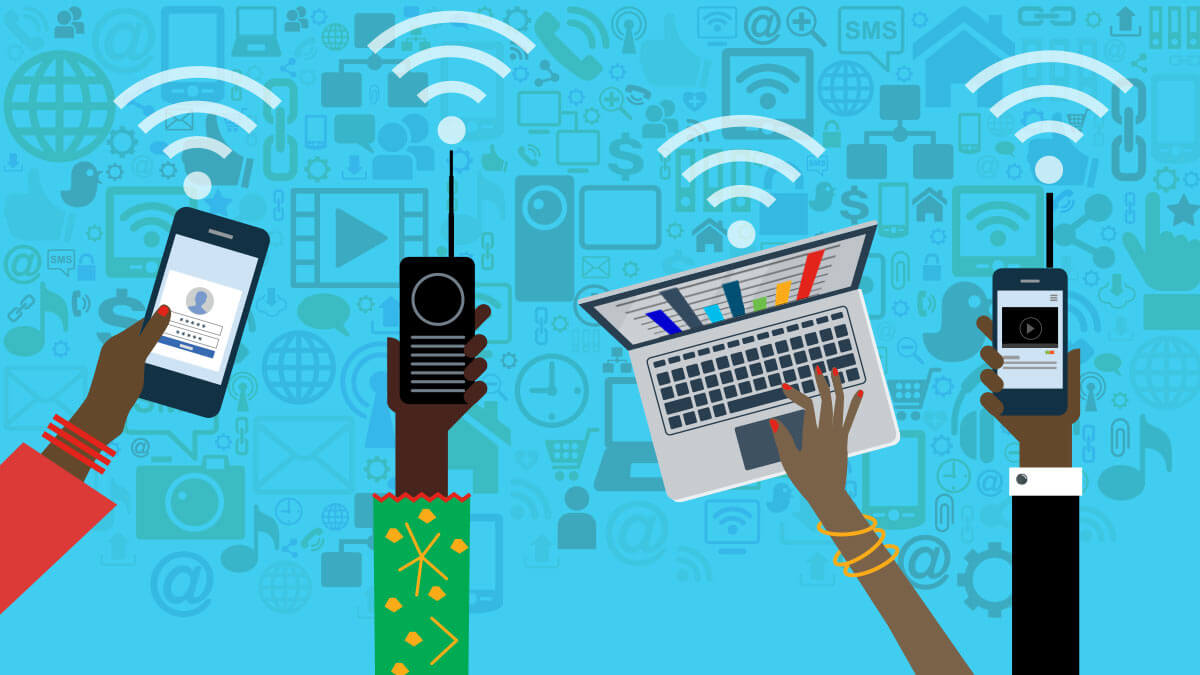Why it matters: Judge rules that copyright trolls need more than just an IP address if they want to go after copyright infringement. An IP is not enough proof to tie a person to a crime.

In a win for privacy advocates and pirates, the Ninth Circuit Court of Appeals ruled that an IP address alone is not enough to go after someone for alleged copyright infringement. They ruled that being the registered subscriber of an infringing IP address does not create a reasonable inference that the subscriber is also the infringer.
The case began back to 2016 and has been playing out in the legal system ever since. The creators of the film 'The Cobbler' alleged that Thomas Gonzales had illegally downloaded their movie and sued him for it.
Gonzales was a Comcast subscriber and had set up his network with an open Wi-Fi access point. At some point, someone had used his network to download the movie and the film creators captured Gonzales's IP address.
The judge stated that in order for a proper case, the copyright owners would need more than just an IP address. This is often difficult to provide since it is challenging to prove who was connected to what and when. This case is made even more challenging since Gonzales's network was open and anyone could have downloaded the movie.
The new ruling upholds a previous ruling by a lower district court on the same case. The Appeals Court issued the following statements:
In this copyright action, we consider whether a bare allegation that a defendant is the registered subscriber of an Internet Protocol (‘IP’) address associated with infringing activity is sufficient to state a claim for direct or contributory infringement. We conclude that it is not.
The direct infringement claim fails because Gonzales’s status as the registered subscriber of an infringing IP address, standing alone, does not create a reasonable inference that he is also the infringer. Because multiple devices and individuals may be able to connect via an IP address, simply identifying the IP subscriber solves only part of the puzzle. A plaintiff must allege something more to create a reasonable inference that a subscriber is also an infringer.
In addition to direct infringement, the copyright owner also attempted an indirect infringement claim. They alleged that Gonzales had encouraged users of his network to download the movie but this failed as well since they were unable to provide any proof. Finally, the judge ordered Cobbler Nevada LLC, the copyright holder, to pay more than $17,000 in legal fees for Gonzales.
https://www.techspot.com/news/76190-us-court-appeals-ip-address-isnt-enough-identify.html